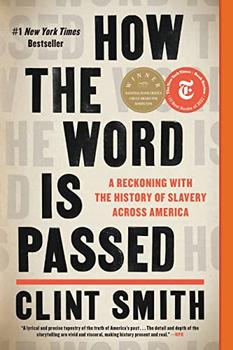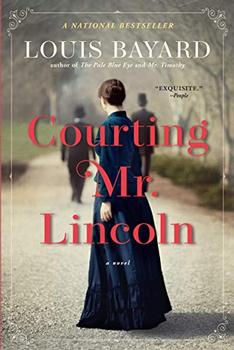Summary | Excerpt | Reviews | Beyond the book | Read-Alikes | Genres & Themes | Author Bio

A Saga of Hubris, Heartbreak, and Heroism at the Dawn of the Civil War
by Erik LarsonIn the aftermath of the 1860 presidential election, the divided United States began to collapse as South Carolina seceded from the Union, followed by another six Southern states. Among the countless contentious points between the Union and the fledgling Confederacy was the existence of a 75-man Federal garrison in Charleston Harbor that would become the flashpoint for civil war. In The Demon of Unrest, Erik Larson weaves a gripping tale of America's slow-motion lurch toward war, placing the reader inside events as they unfold.
In seeking to answer what "malignant magic" could lead Americans to consider the unthinkable—a bloody civil war—Larson prefaces his narrative with the parallels between the "national dread" felt during the run-up to the certification of the Electoral College and the presidential inauguration in 1861 with that during the ...

BookBrowse's reviews and "beyond the book" articles are part of the many benefits of membership and, thus, are generally only available to subscribers, including individual members and patrons of libraries that subscribe.
Join Today
If you liked The Demon of Unrest, try these:

by Clint Smith
Published 2022
The Atlantic staff writer and poet Clint Smith's revealing, contemporary portrait of America as a slave owning nation.

by Louis Bayard
Published 2020
From the prizewinning author of Mr. Timothy and The Pale Blue Eye comes Courting Mr. Lincoln, the page-turning and surprising story of a young Abraham Lincoln and the two people who loved him best: a sparky, marriageable Mary Todd and Lincoln's best friend, Joshua Speed.






Your guide toexceptional books
BookBrowse seeks out and recommends the best in contemporary fiction and nonfiction—books that not only engage and entertain but also deepen our understanding of ourselves and the world around us.